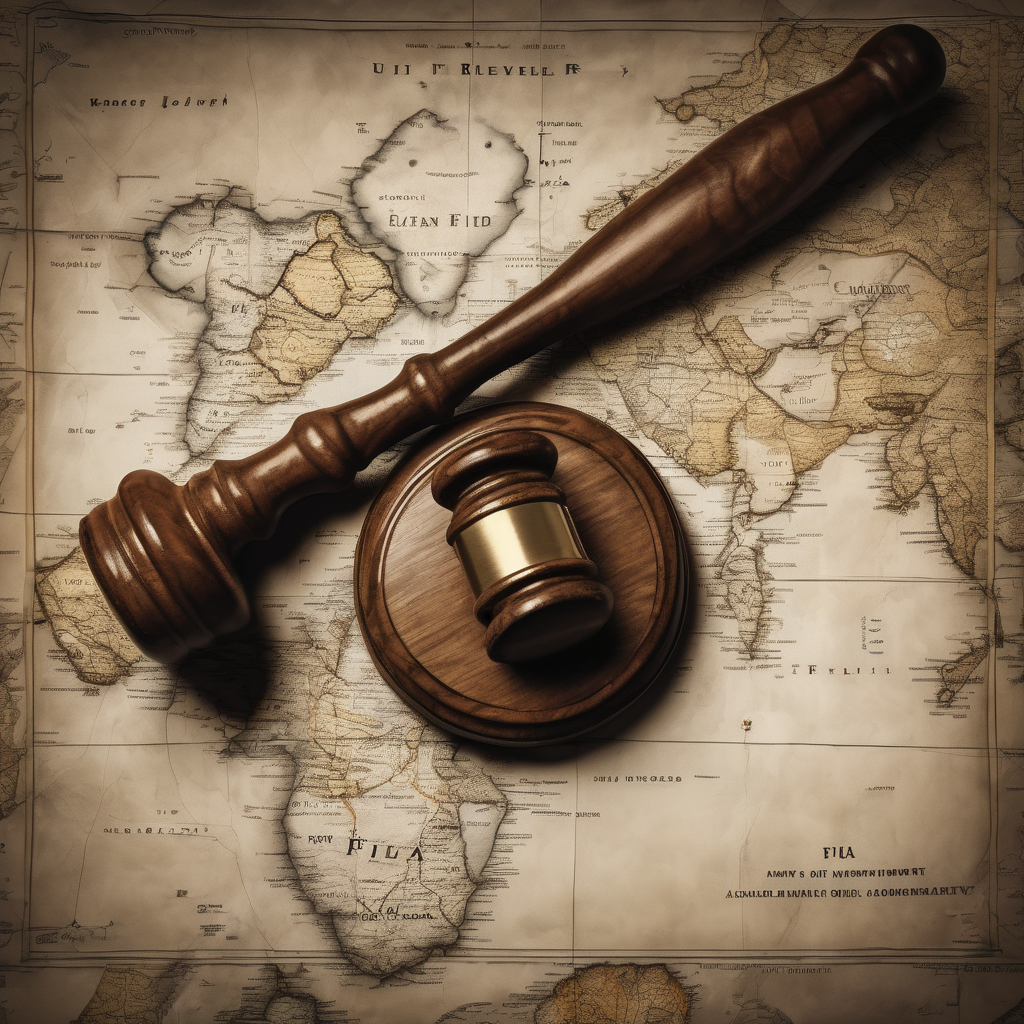Fiji’s political landscape has been marked by substantial turmoil, primarily due to a series of military coups. This was recently highlighted by Professor Jon Fraenkel during a convention of the Fiji Law Society, where he noted the distinctive characteristics of these upheavals. Fraenkel pointed out that those who orchestrated the coups seem not to have fully grasped the long-term consequences of their actions, especially considering that each coup has been followed by the abrogation of the constitution—a practice not commonly witnessed in other nations undergoing similar crises.
He elaborated on the historical context of Fijian coups, referencing the coup on May 19, 2000, which led to a constitutional abrogation just ten days later, on May 29, and the December 2006 coup spearheaded by Commodore Voreqe Bainimarama, which resulted in the constitution being abrogated in April 2009. This pattern of a two-phase process distinguishes Fiji from other Pacific nations, where political upheaval typically concludes with a single phase of transition.
The ramifications of this coup culture have fueled enduring divisions within Fijian society. Former military officer Rupeni Vosayaco expressed concerns about the significant social and economic disruptions instigated by the 2000 coup, stressing the importance of pursuing alternative, non-violent solutions to political conflicts. This sentiment echoes a broader worry that military influence continues to affect governance in Fiji, fostering disenfranchisement among both indigenous and non-indigenous groups.
The conversation surrounding Fiji’s coups is further complicated by a growing call for accountability and justice. Political leaders such as Inia Seruiratu, the Leader of the Opposition, have pushed for the establishment of a Truth and Reconciliation Commission (TRC). This initiative aims to facilitate dialogue about the political upheavals of the past and address the implications of immunity clauses in the Constitution that arose following the coups. Many view this process as crucial for healing and rebuilding trust within the democratic framework.
Despite the troubled history marked by coups, there is hope as citizens increasingly advocate for a governance system that is both fair and representative. Ongoing discussions about constitutional reform and the necessity for comprehensive truth-seeking may signal the potential for a democratic and stable future. This shift could mark a pivotal moment for Fiji, heralding genuine accountability and a restored commitment to justice and equity in governance.
